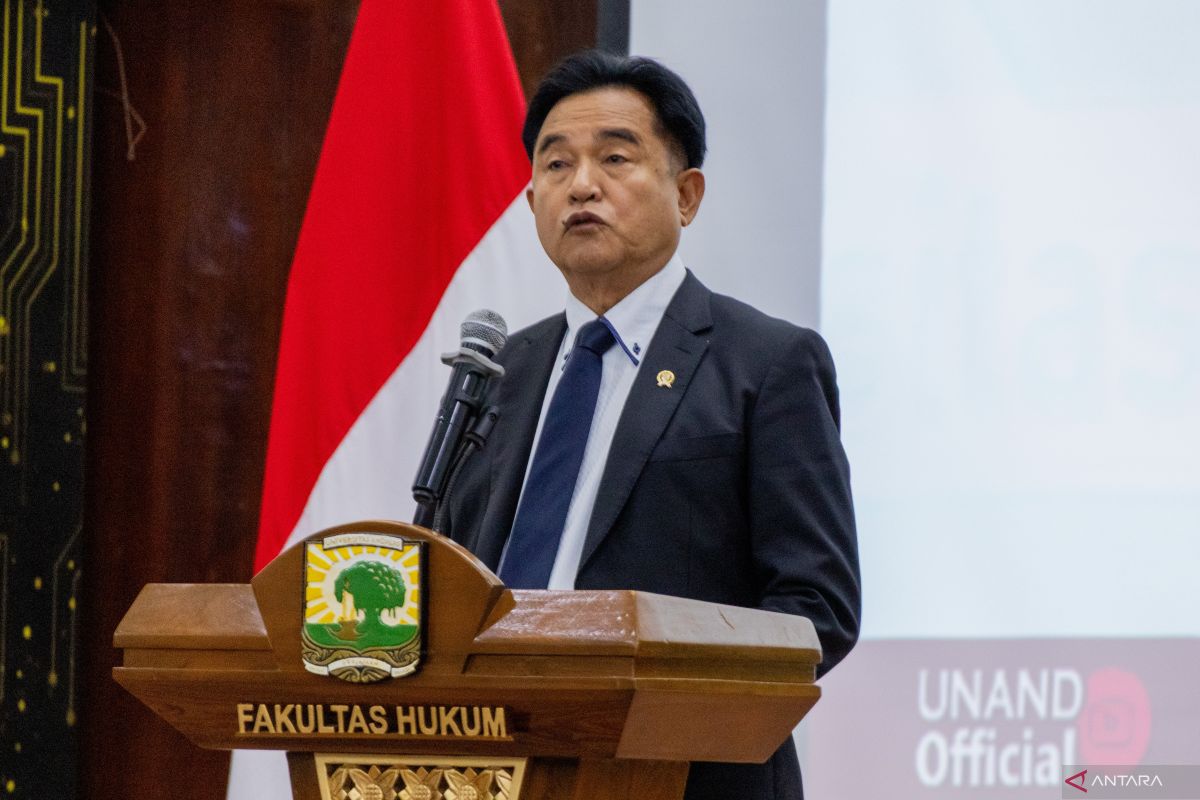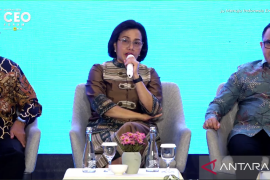“As we enter the digital age, legal challenges have become more complex. Technologies such as AI and blockchain are now entering the legal sphere,” Mahendra said here on Monday.
He made the remarks while delivering a lecture at an international law conference in Padang.
Given the evolving digital landscape, the minister stressed that Indonesia’s judicial system must adapt to new conditions, especially with the rising influence of artificial intelligence (AI) and blockchain technology.
The Supreme Court (MA), he said, has already initiated transformation through the adoption of an e-court system and online publication of court decisions.
However, he stressed that changes in judicial mindset and approach are also essential to address the unique nature of legal cases emerging in today’s digital environment.
At the same time, he observed a growing phenomenon on social media reflecting a crisis of public trust in the legal system, captured by the phrase “no viral, no justice.”
“Cases that go viral tend to receive greater attention from law enforcement, while those that do not often go unnoticed,” he remarked.
In his lecture, he also explained that after Indonesia’s 1945 Proclamation of Independence, the country inherited many colonial laws. The government, however, has since worked to establish a legal foundation rooted in the nation’s ideology Pancasila and the amended 1945 Constitution.
He added that Indonesia’s legal system remains pluralistic, which means integrating Western concepts of the rule of law, socio-cultural notions of justice, and moral principles derived from religion.
Related news: Constitutional Court to take action against Denny Indrayana
Related news: MK to respond alleged leak of decision on election system
Related news: Open-list system in Indonesian elections is appropriate: Kalla
Translator: Zulfikar, Kenzu
Editor: Azis Kurmala
Copyright © ANTARA 2025












